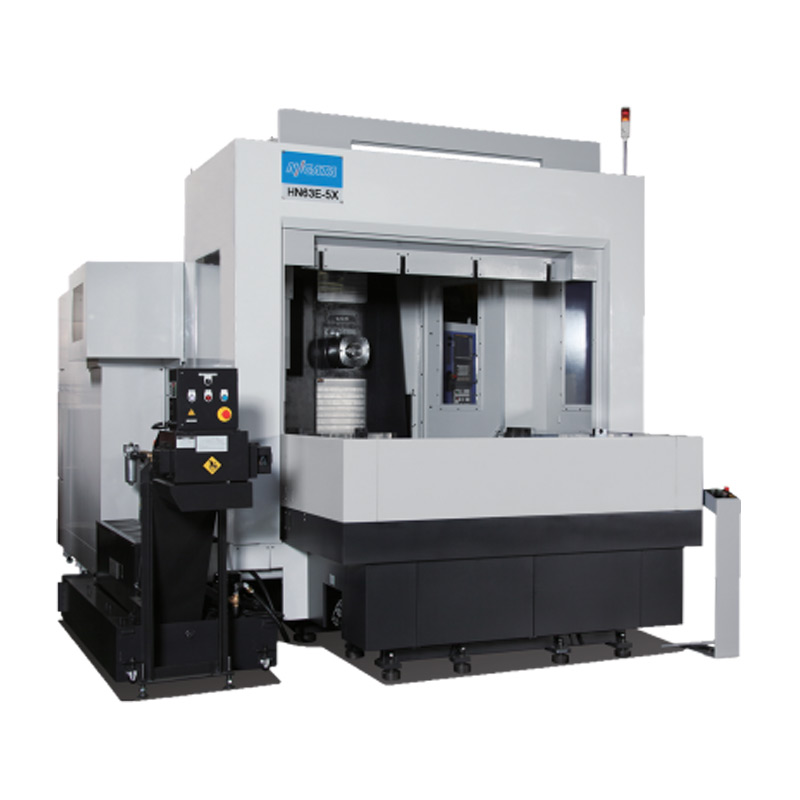
- Afrikaans
- Albanian
- Amharic
- Arabic
- Armenian
- Azerbaijani
- Basque
- Belarusian
- Bengali
- Bosnian
- Bulgarian
- Catalan
- Cebuano
- Corsican
- Croatian
- Czech
- Danish
- Dutch
- English
- Esperanto
- Estonian
- Finnish
- French
- Frisian
- Galician
- Georgian
- German
- Greek
- Gujarati
- Haitian Creole
- hausa
- hawaiian
- Hebrew
- Hindi
- Miao
- Hungarian
- Icelandic
- igbo
- Indonesian
- irish
- Italian
- Japanese
- Javanese
- Kannada
- kazakh
- Khmer
- Rwandese
- Korean
- Kurdish
- Kyrgyz
- Lao
- Latin
- Latvian
- Lithuanian
- Luxembourgish
- Macedonian
- Malgashi
- Malay
- Malayalam
- Maltese
- Maori
- Marathi
- Mongolian
- Myanmar
- Nepali
- Norwegian
- Norwegian
- Occitan
- Pashto
- Persian
- Polish
- Portuguese
- Punjabi
- Romanian
- Russian
- Samoan
- Scottish Gaelic
- Serbian
- Sesotho
- Shona
- Sindhi
- Sinhala
- Slovak
- Slovenian
- Somali
- Spanish
- Sundanese
- Swahili
- Swedish
- Tagalog
- Tajik
- Tamil
- Tatar
- Telugu
- Thai
- Turkish
- Turkmen
- Ukrainian
- Urdu
- Uighur
- Uzbek
- Vietnamese
- Welsh
- Bantu
- Yiddish
- Yoruba
Affordable Prices for Drive-Through Car Wash Machines You Can Trust
The Price of Drive-Through Car Wash Machines An Investment in Convenience and Quality
As the automotive industry continues to evolve, so does the need for efficient and high-quality car care solutions. One such solution is the drive-through car wash machine, a booming segment of the car wash industry. With the growing emphasis on convenience and a well-maintained vehicle, understanding the prices associated with these machines is essential for both car wash operators and potential investors.
What is a Drive-Through Car Wash Machine?
A drive-through car wash machine is a sophisticated system designed to clean vehicles quickly and efficiently. These machines use a combination of brushes, high-pressure water jets, and cleaning agents to remove dirt, grime, and debris from cars as they pass through the wash tunnel. The seamless experience they provide is a significant draw for consumers who prioritize their time and convenience.
Factors Influencing the Price
1. Type of Machine The price of drive-through car wash machines can vary significantly depending on the type of system selected. Basic models equipped with essential washing capabilities may cost between $20,000 to $50,000. In contrast, more advanced models that include features such as soft cloth technology, underbody wash, and wax application can range from $50,000 to over $100,000. High-end machines with sophisticated technology can even exceed $200,000.
2. Size and Throughput Capacity Larger machines capable of handling more vehicles per hour generally come with a higher price tag. Car wash operators must consider their expected customer traffic when investing in a drive-through system. A robust machine designed for high-volume operations may present a better long-term investment, despite initial costs.
3. Technology and Features Upgraded technology—such as touchless wash systems, water reclamation systems for environmental sustainability, and advanced scheduling software—can enhance the wash experience and increase efficiency but also contribute to increased costs. These features not only attract more customers but may also justify a higher price point.
drive through car wash machine price

4. Installation and Maintenance The cost of installation should also be factored into the overall pricing. Some machines require specialized installation, which can add anywhere from $5,000 to $15,000 to the initial investment. Additionally, ongoing maintenance and repairs can accumulate additional costs over time.
5. Brand Reputation Well-known brands that have a proven track record of reliability and customer satisfaction may charge a premium for their machines. Investing in a reputable brand can often lead to improved customer trust and satisfaction, which can be vital in a competitive market.
Return on Investment
For many car wash operators, the initial investment in a drive-through car wash machine can be substantial. However, the potential return on investment can be significant. With the rising popularity of convenience-based services, a fully equipped drive-through car wash can attract a steady stream of customers, leading to higher revenue. By offering various wash packages and add-on services, operators can further increase profitability.
Moreover, the trend towards eco-friendly options and water-efficient technology can boost a car wash's appeal to environmentally conscious consumers. This aspect not only helps in attracting more clients but may also qualify operators for various grants or incentives aimed at promoting sustainable business practices.
Conclusion
In conclusion, the price of drive-through car wash machines reflects a combination of technology, efficiency, and market demand. For entrepreneurs and existing car wash owners, understanding these factors is crucial in making informed decisions. By investing wisely in the right machine tailored to their specific needs, they can capitalize on the growing demand for convenient and reliable car cleaning services, fostering both customer satisfaction and business growth. As the industry evolves, continuous innovation in car wash technology will likely influence pricing and operational standards, further shaping the future landscape of vehicle maintenance.
-
Integrating Aqua Tunnel Car Wash in Shopping CentersNewsJun.24,2025
-
Gas Station with an Auto Car Wash MachineNewsJun.24,2025
-
Efficiency in Your Aqua Tunnel Car Wash: Power & Water-SavingNewsJun.24,2025
-
Car Wash Business with Advanced Auto Car Cleaning MachinesNewsJun.24,2025
-
Balancing Setup Costs with Aqua Tunnel Car WashNewsJun.24,2025
-
Aqua Tunnel Car Wash: Eco-Design for the Energy-Savvy EntrepreneurNewsJun.24,2025



